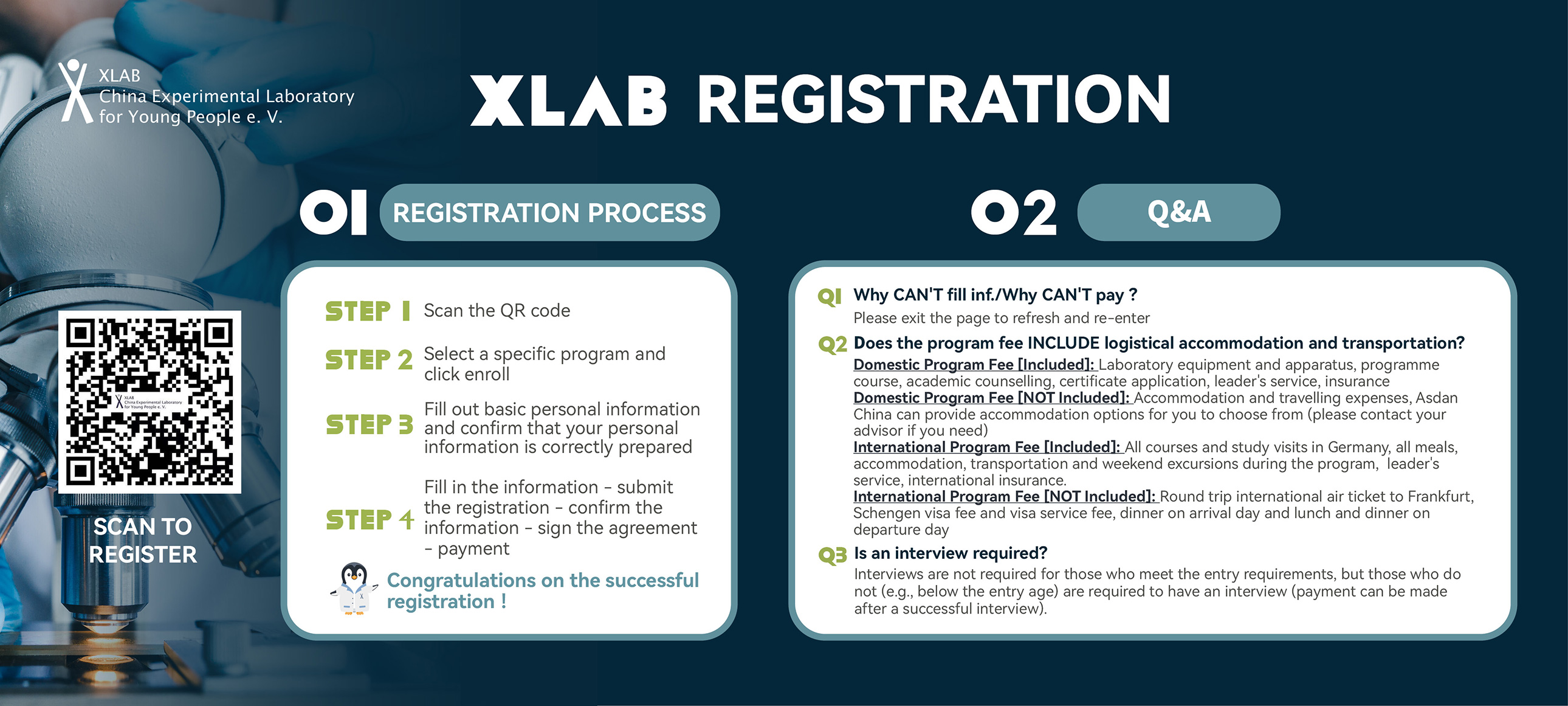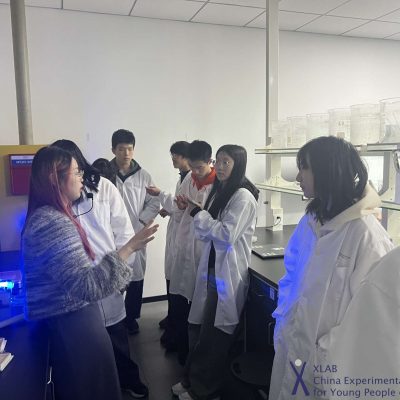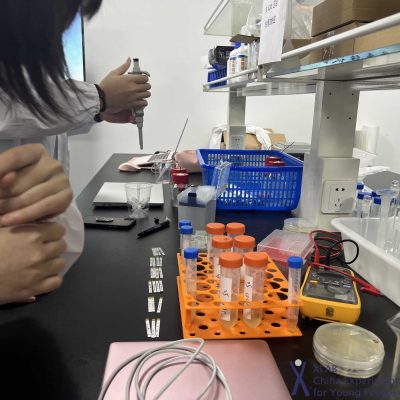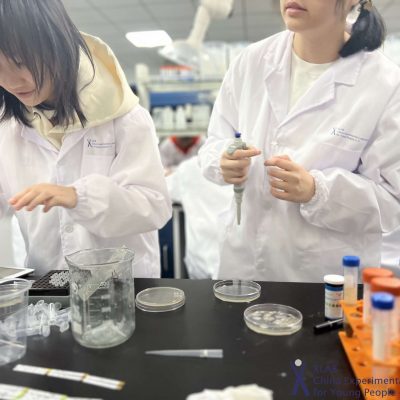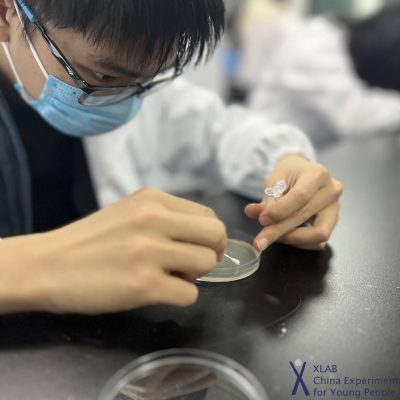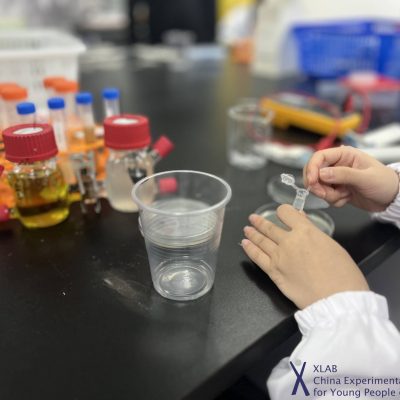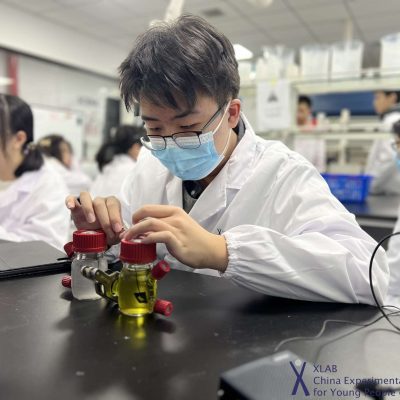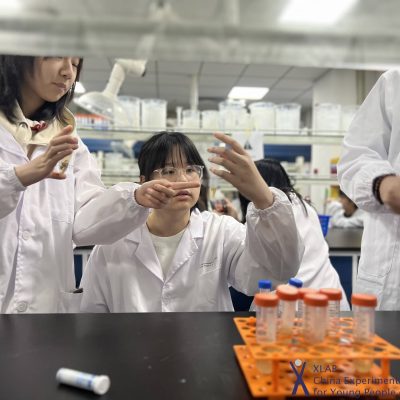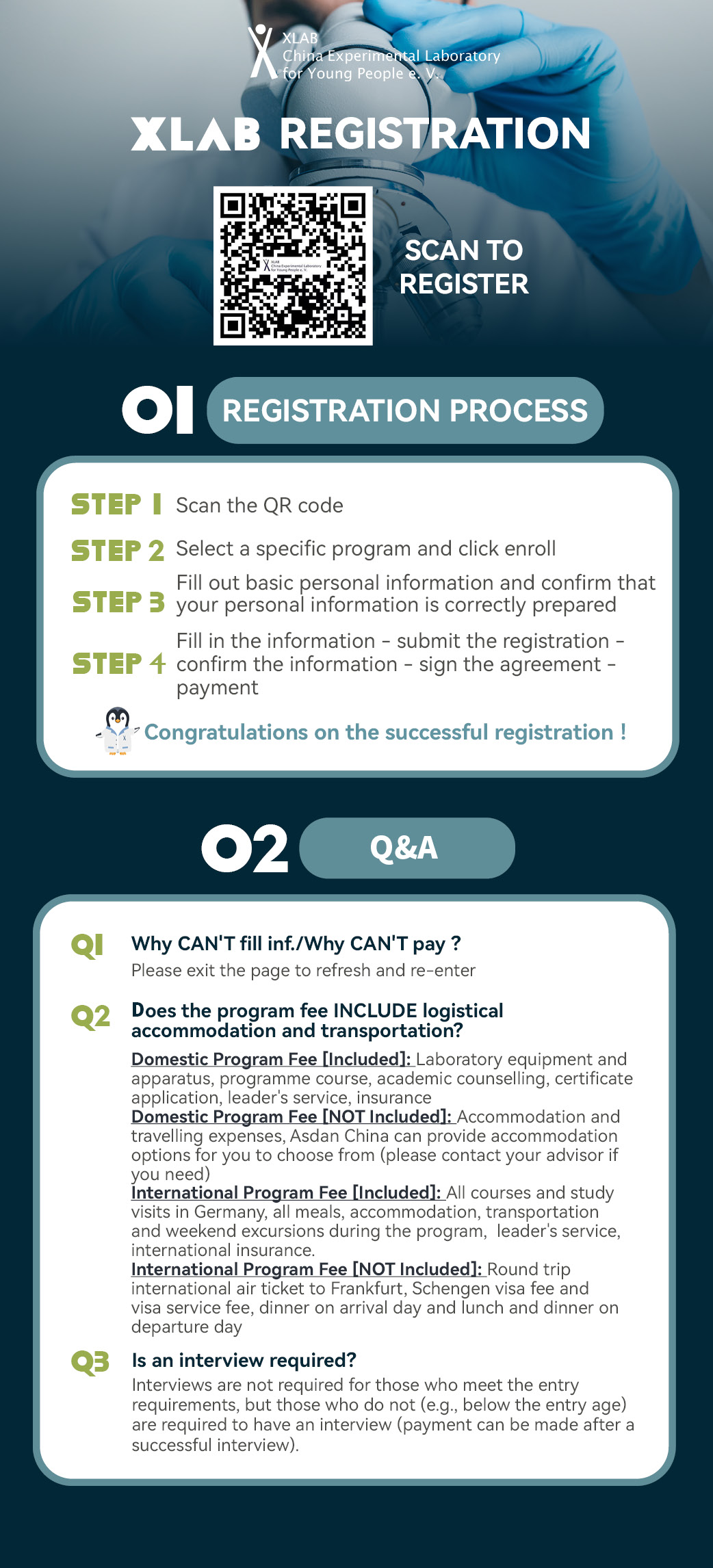Synthetic Biology Shanghai
Shanghai
Date: Jul.26th - Jul.30th, 2025
Subjects: Biology, Molecular Biology, Bioengineering, Bioinformatics
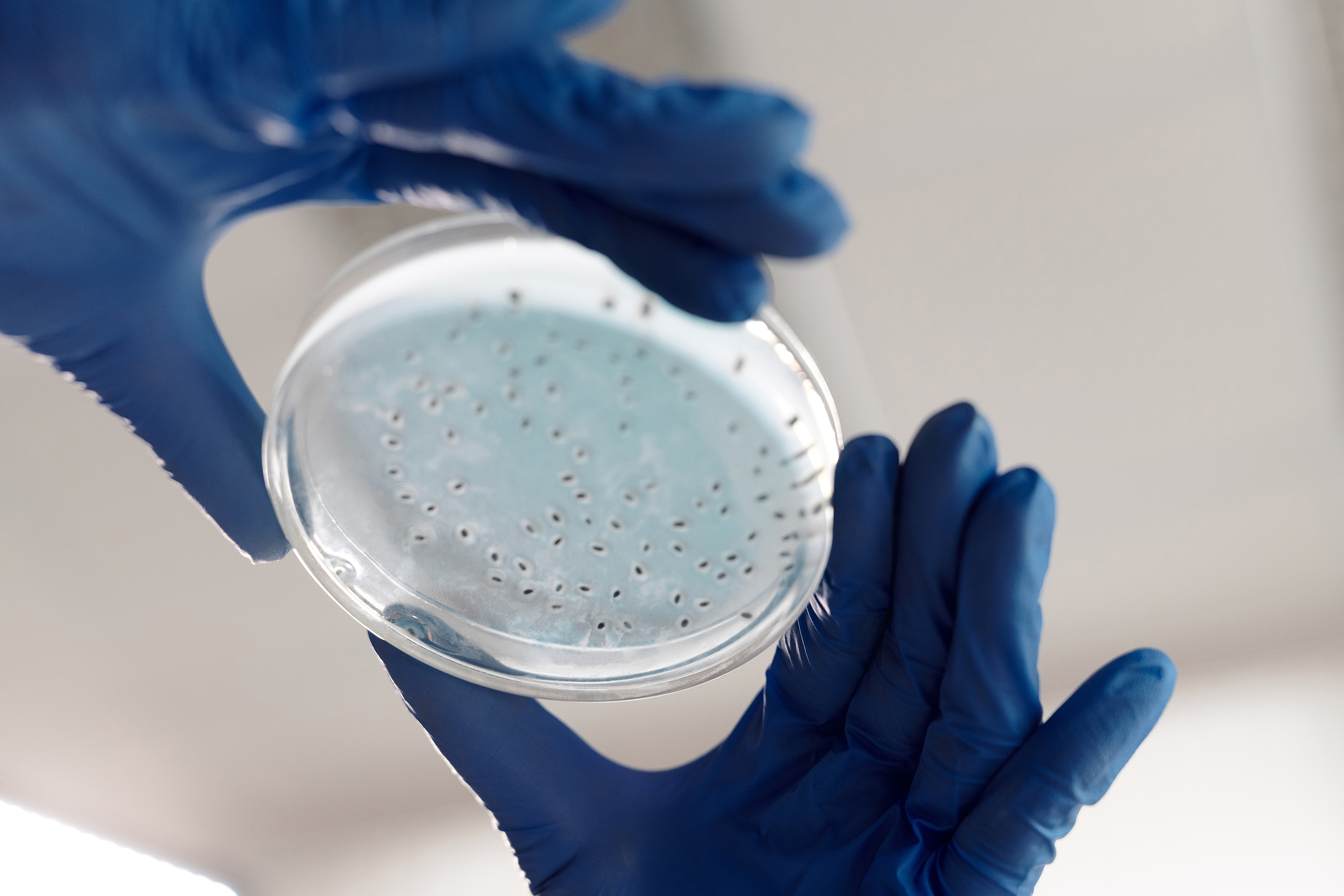
Synthetic biology - the omnipotent microbe. The most diverse species in our world are not animals or plants but microorganisms. Synthetic biology is a way to make these "superpowers" even more significant. Students will be able to use the latest synthetic biology tools to produce electricity from microbes, to make them glow, to use them to produce vaccines against new crowns, and even to turn humble wood chips into sweet wine.
If you're lucky, you'll also get a unique, worldly strain of microorganisms named just for you. Fun content backed by rigorous science, come and experience it for yourself!
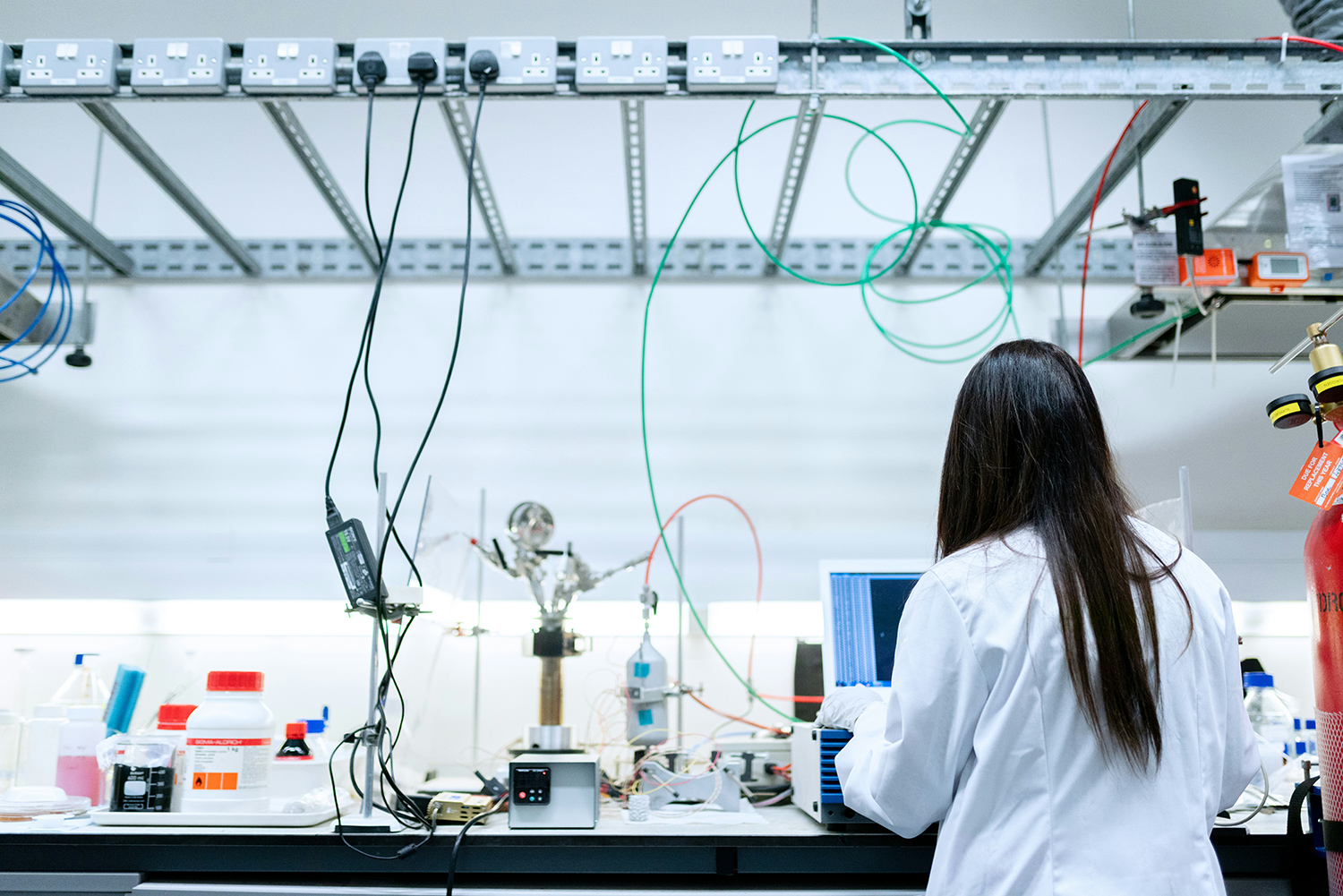
Teaching Faculty
Experts in synthetic biology from universities of the 985 Project are specially invited.
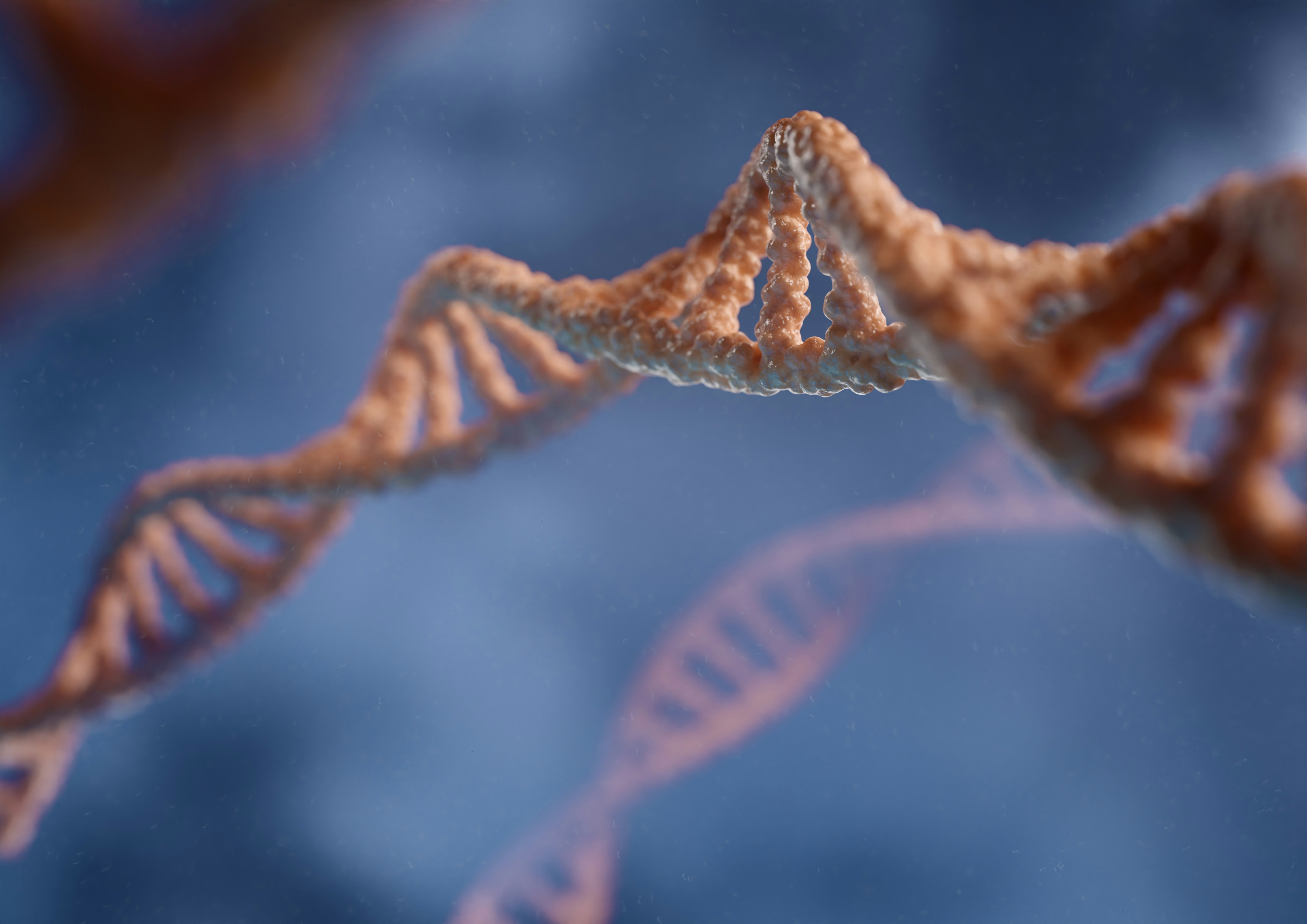
Cutting-edge Topics
Systematically learn the introduction and the instruments (CRISPR/Cas9) of synthetic biology.
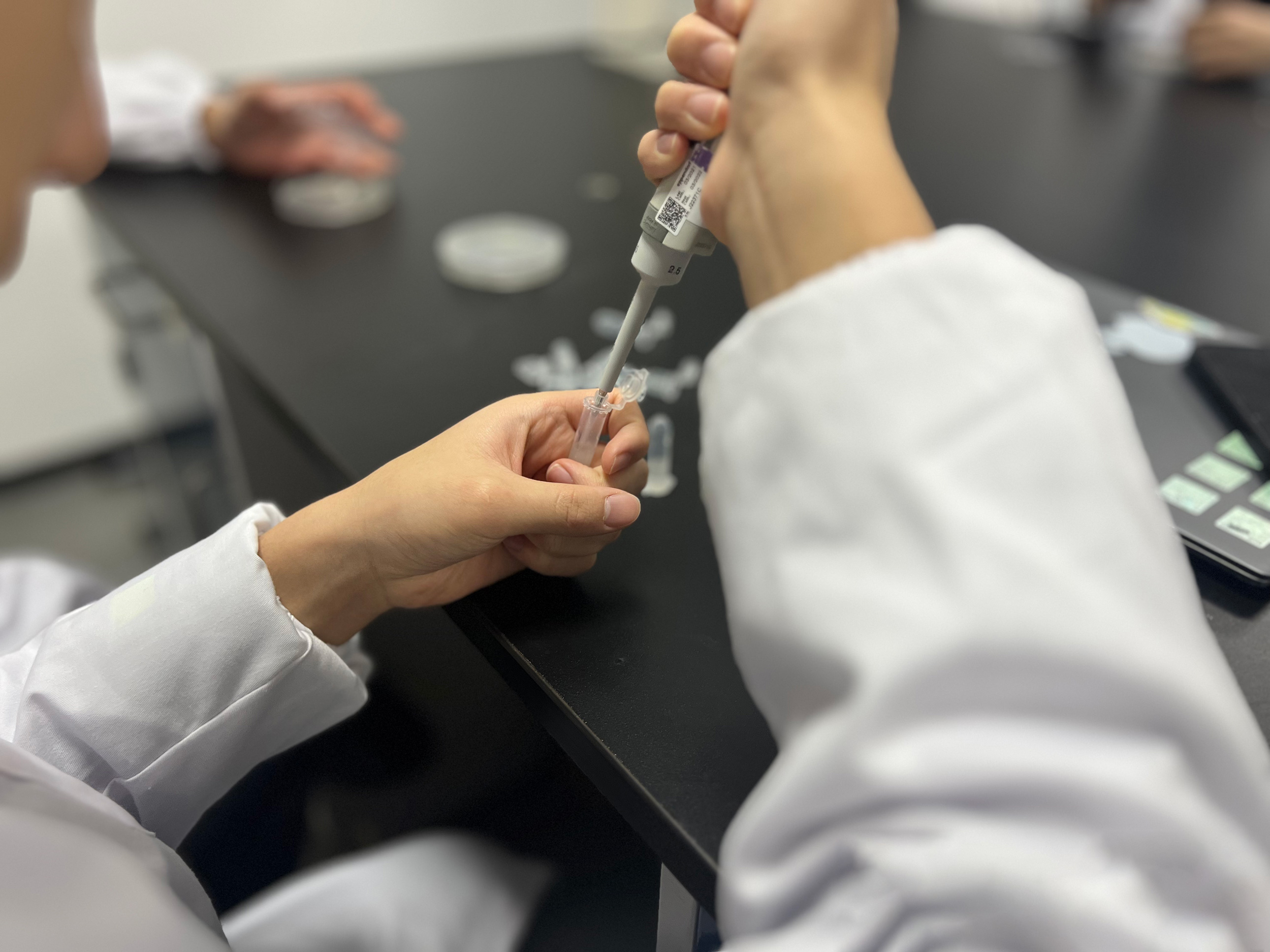
Real Lab Practice
Microbial liquor generation, microbial protein generation, microbial luminescence, etc.
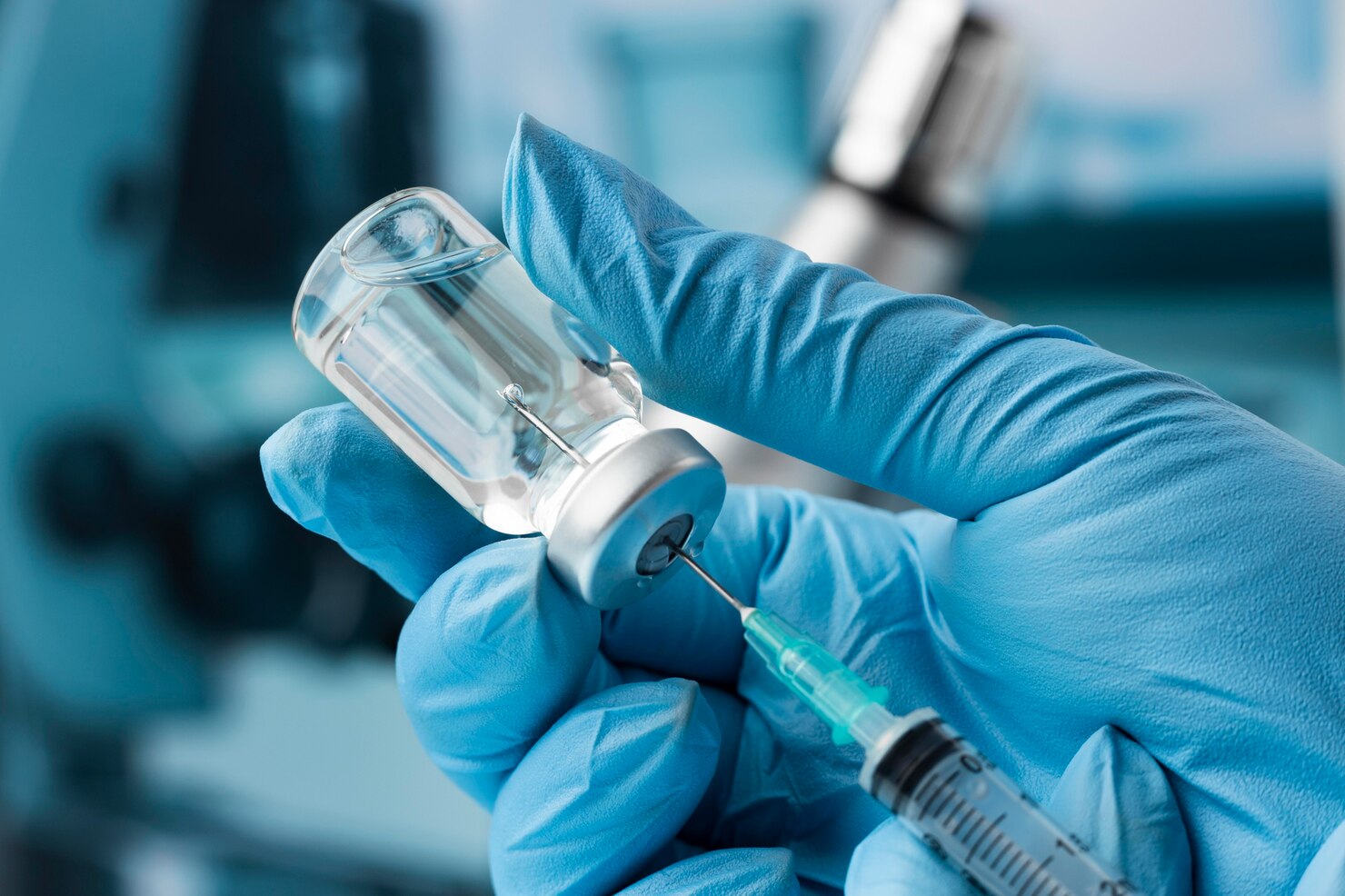
Outcome Application
Research outcomes for the production of vaccines, the preparation of new drugs, the sustainable energy produced by renewable energy, etc.
Main Experiments
Fluorescent Protein Experiment
Starch Hydrolysis Experiment
Plasmid Extraction Experiment
Cellulose Hydrolysis Experiment
Fluorescent Protein Experiment
Starch Hydrolysis Experiment
Plasmid Extraction Experiment
Cellulose Hydrolysis Experiment
Certificates
).png)
CERTIFICATE OF ASDAN SCIENCE
ASDAN SCIENCE SHORT COURSES CREDIT ACCREDITED BY UCAS

CERTIFICATE OF COMPLETION ISSUED BY XLAB CHINA

Feedbacks
-
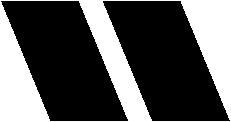
The one I gained the most from these experiments was using microorganisms for power generation. In this experiment, I learned how to use a pipette, understood how to generate electricity using microorganisms, and became familiar with Shewanella bacteria. I had never conducted such experiments before, so this one was shocking and educational. This experience significantly increased my interest in biology, which improved the accuracy of my decision when choosing a major for my studies abroad, making my future decisions more straightforward.—— Shanghai Concord Bilingual School, Student Huang
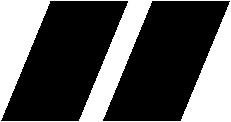
-

This experience expanded my biological knowledge and allowed me to conduct many experiments I had never done at school. I also made friends who shared my interest in biology. The teamwork was where I gained the most, making me appreciate the importance of reasonable division of labor and each member fulfilling their duties. A team with a well-organized division of labor works faster and makes fewer mistakes. I aim to pursue a major in Pure Biology/Biological Sciences at university, so this experience benefited my statement and my understanding of my future field of study.—— Malvern College Qingdao, Student Xiang

-

This activity provided me with many benefits, such as friendships and academic experience. What I gained the most was the experimental operations and procedures I learned over the past few days (such as using instruments like pipettes, centrifuges, and refractometers), which were greatly influenced and helped me with my intended major for studying abroad, as I plan to study Biotechnology or Molecular Biology in the future. Through this learning experience, I was able to better engage with and understand the field I might pursue. Participating in this activity has enriched my experiences and broadened my horizons.—— Living Word Shanghai (Maqiao Campus), Student Han

-

What I gained the most was the ability to understand microorganisms and their functions through experiments. For example, in my favorite alcohol production experiment, I learned how microorganisms affect the process of making alcohol. The lectures provided a more systematic and in-depth understanding of microbiology, covering advanced topics. For instance, I learned how CRISPR-CAS modifies genes and aids humanity. This XLAB experimental experience gave me extensive biological knowledge and more hands-on laboratory experience, enhancing my understanding of and interest in pursuing a biology-related major.—— Westtown School, Student Sun

Photo Gallery
Why Us
History
XLAB has a 20+ year history. It was initiated by Professor Neher of the University of Göttingen in Germany and strongly supported by the German government and the University of Göttingen. XLAB, centered around high-end scientific experiments, is widely favored by over 10,000 students yearly. XLAB has established practice centers worldwide, aiming to expand this unique concept and teaching method to reach more students.
XLAB aims to enable more people to learn and experience the joy of science, encouraging them to explore the mysteries of science and consider how to use science to solve human problems. Therefore, XALB's subjects are generally more complex in physics, biology, or medicine. Instead, they focus more on interdisciplinary, cutting-edge topics such as genetic engineering, medical research, nanobiology, medical chemistry, high-energy physics, and more.
Subject
Experiment
Experiments are the core of the XLAB. Each participant can enter advanced laboratories to conduct safe experiments, analyze data, and write experiment reports. Over six hours of scientific research daily enhances students' scientific knowledge and logical thinking and cultivates concentration and endurance. Students will be able to experience the work content and status firsthand and consider whether to choose a research direction in future education.
The courses in XLAB are unique. They consist of four key modules: Subject Introduction and Program Thinking, Scientific Research Teaching, Laboratory Operations, Experimental Data Analysis, and Research Report Writing. All courses are taught in small groups of 10 to 25 students.
Course
Faculty
Experts are invited to design experiments and teach students since the topics and content of XLAB exceed the curriculum of high schools and are specialized in specific research areas. Relevant scientific research institutions support XLAB China and provide an in-depth academic experience for Chinese students based on its unique teaching methods and experimental requirements.
Two authoritative certificates are available: the XLAB Program Certificate of Participation, which details the experimental content and is signed by instructors. Students will complete an academic report containing experimental results and data analysis to apply for the ASDAN "Science Award" Certificate for 30 credit hours of study officially accredited by UCAS.
Certificate
Research
XALB provides invaluable research scenarios for students who plan or are currently engaged in natural science research-oriented learning, such as EPQ or scientific papers, to implement their research plans and participate in hands-on scientific research. Experimental reports can be considered as part of their research achievements.

